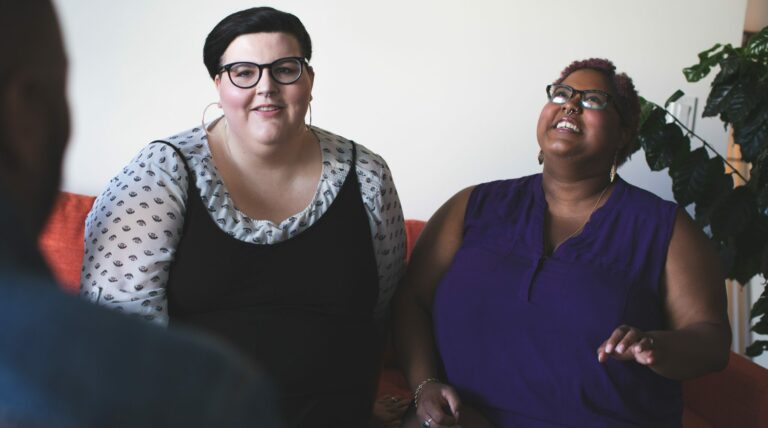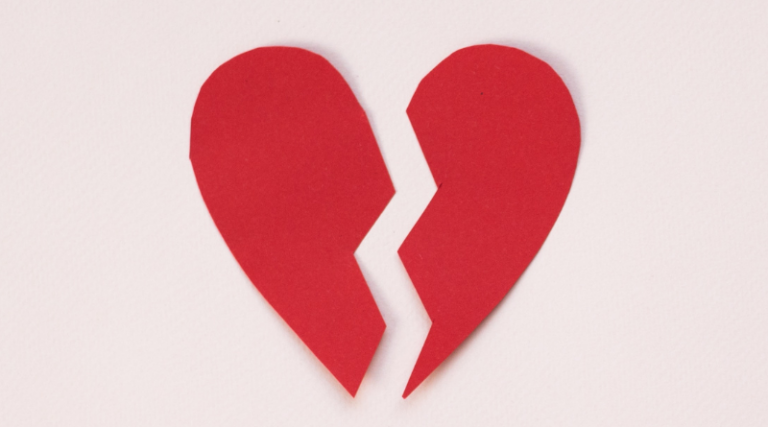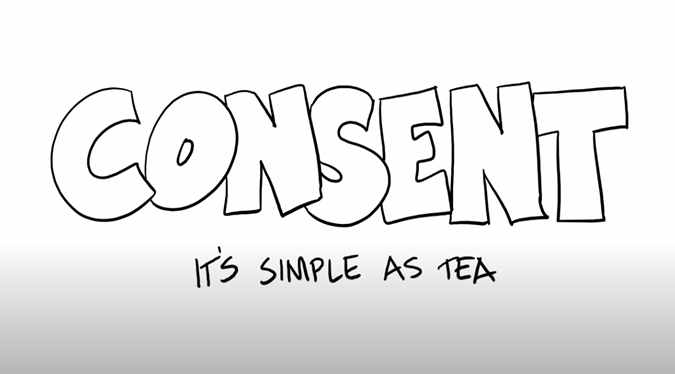How to support a friend who has experienced sexual violence
A guide on how to help someone who’s experienced sexual assault, rape or any form of sexual violence
No-one should experience sexual assault, abuse or violence. This is never okay.
Jump straight to our Getting help section below if you want to access support around any experiences of sexual violence and unwanted sexual behaviour.
It’s really important that people have the space to open up about their experiences of sexual harassment, assault, rape, and any form of sexual violence. It can also feel difficult and overwhelming to hear, especially if this is your friend or someone else close to you. Here’s some guidance on how you can support them.
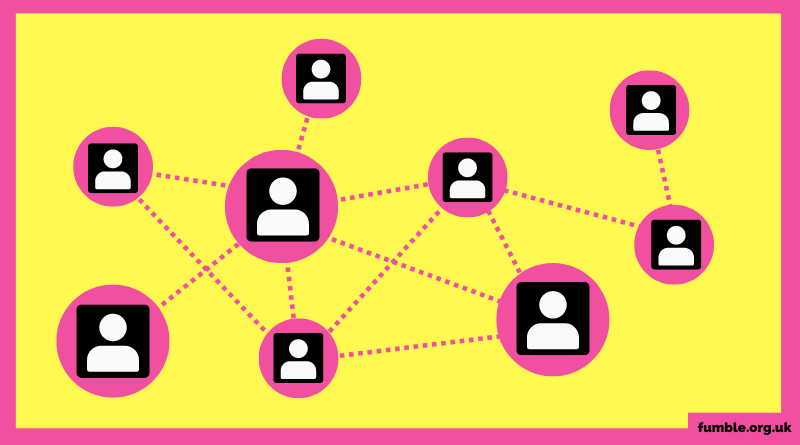
Believe them and don’t blame them
Devastatingly, there is a victim-blaming culture that often surrounds sexual violence. This can make it even harder for the survivor to process what’s happened to them. As a close person to your friend, you can provide a lot of support just by believing them and not blaming them, and saying this out loud to them. Avoid anything that questions their behaviour or makes them explain their situation. This includes asking them what they were wearing, if they were drunk, why they were where they were, why they didn’t tell you sooner, or why they didn’t react in a different way (for example, yell more or fight back). All these things are irrelevant.
It can be incredibly difficult to share such personal trauma with someone else, so recognise that.
Listen
Listening to what they say is such a valuable way to give support. Try not to interrupt or ask questions. They may go into detail, but they may not. Avoid pushing them to share more – this is about their comfort levels. You may notice that the story jumps back and forth, or that there are inconsistencies. This is really common for any traumatic experience; it has nothing to do with the validity of what happened.
Listening to a friend talk about a traumatic event is difficult and emotional. Of course, you’re only human! It’s very understandable to feel upset or angry for them, and you don’t need to hide your feelings. Just try not to let your emotions take over the conversation.
Don’t tell other people or report it ‘for them’
This isn’t your experience to tell.
One of the reasons sexual violence is so traumatic is because it can take away a person’s sense of control. You may feel angry and want justice for your friend. You may want to report what happened to the police, or book a doctor’s appointment for them. These are all understandable feelings; you want to do the best for your friend. But this isn’t your decision to make, it’s theirs. The best way to support them is to follow their lead on what they want to do next.
Physical touch
Be aware that, after an experience of sexual violence, your friend may not want to be touched or be affectionate. Alternatively, they may desperately want your affection. Or they may swap between the two. This is a normal response to such a traumatic experience. It may be confusing for you, but try to be patient and understanding. If you’re unsure, ask them if they want a hug in that moment.
Tell them where they can get further support and information
You’re not expected to know all the answers. There are lots of services that offer support to people who have experienced sexual violence. Reassure them that they don’t have to manage this alone. There are doctors, nurses, advisors and counsellors who are specially trained to support survivors of sexual violence, and they want to help.
Look after yourself
As much as this experience isn’t yours to tell, it’s important that you look after yourself. Supporting someone close to you, who has experienced sexual violence, can be incredibly difficult, overwhelming and painful. It may leave you feeling very emotional, vulnerable and angry. You may also have experienced sexual violence of some form yourself, which can bring up some difficult memories. Reach out to services specialising in sexual violence support – they will also offer support to you, and anyone else who’s supporting a survivor.
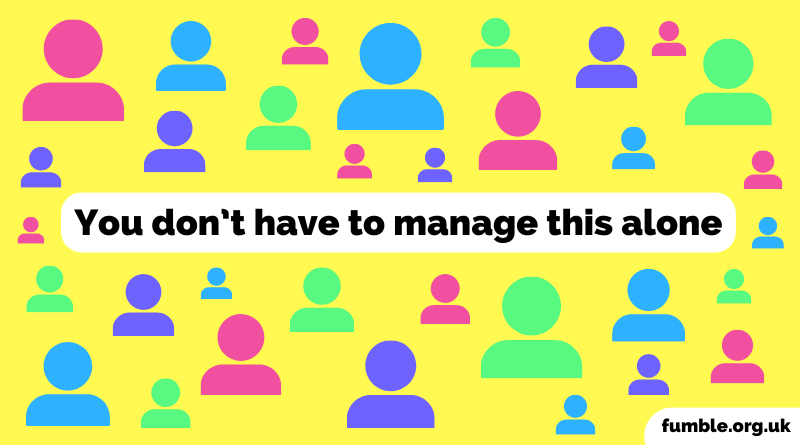
Getting help
If you’ve experienced any unwanted sexual behaviour or any kind of sexual violence, there are places you can go for help and support. You don’t have to manage this alone. There are specially trained professionals, who want to help, and you can disclose as much or as little as you feel comfortable.
Other support
- Rape Crisis England and Wales & Scotland
- Survivors UK (for men and boys)
- Galop (for LGBTQ+ survivors)
Read more
Last Reviewed 1 June 2023
Image Credit: This Is Zun via Pexels


